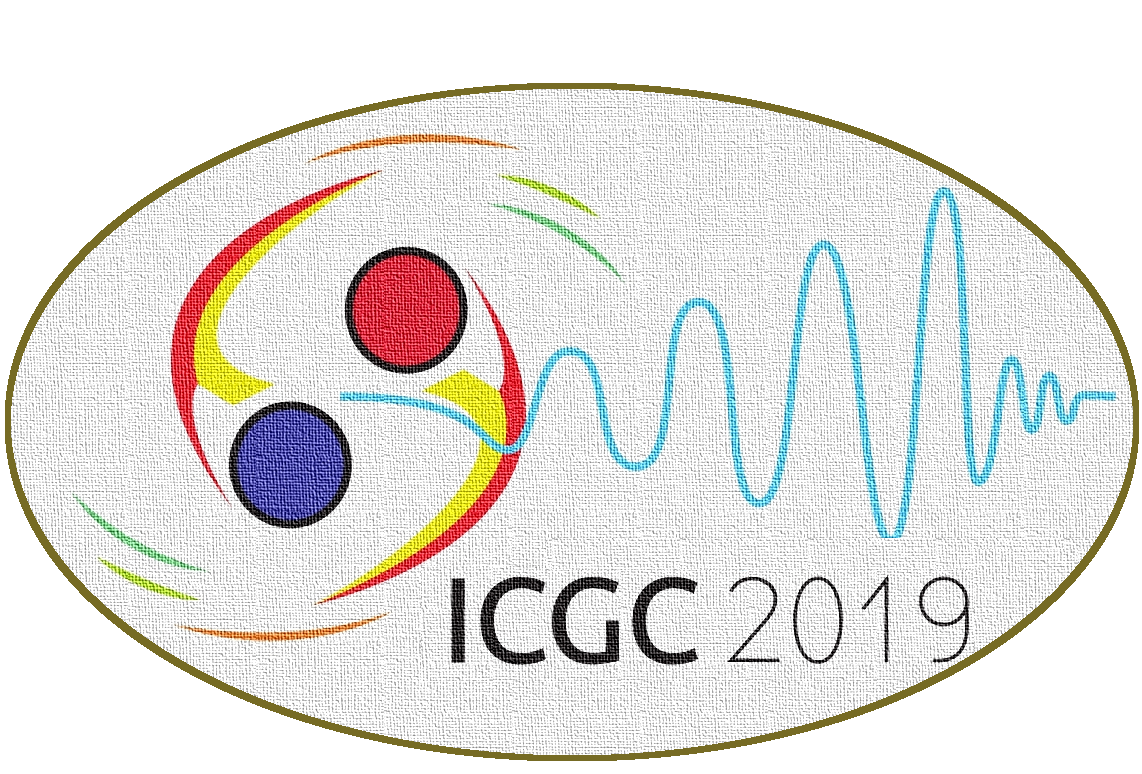International Conference on Gravitation & Cosmology
IISER Mohali, 2019
Speakers
List of Plenary Speakers
-
Suneeta Vardarajan [IISER Pune]
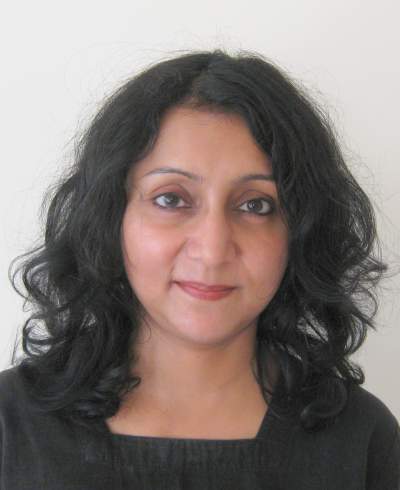
Plenary Lecture : The instability of anti-de Sitter spacetime: analytical aspects
Outline: Seminal work by Bizon and Rosworowski in 2011 indicated that anti-de Sitter (AdS) spacetime is unstable to the formation of a black hole for generic scalar field perturbations in a spherically symmetric setting. Since then, there have been numerous attempts to analytically understand the instability. In this talk, we review these attempts, particularly an approach that uses nonlinear dynamics to better understand the necessary conditions for an AdS-type instability. We also give an overview of recent developments in gravitational perturbations of AdS.
-
Takahiro Tanaka [University of Kyoto]
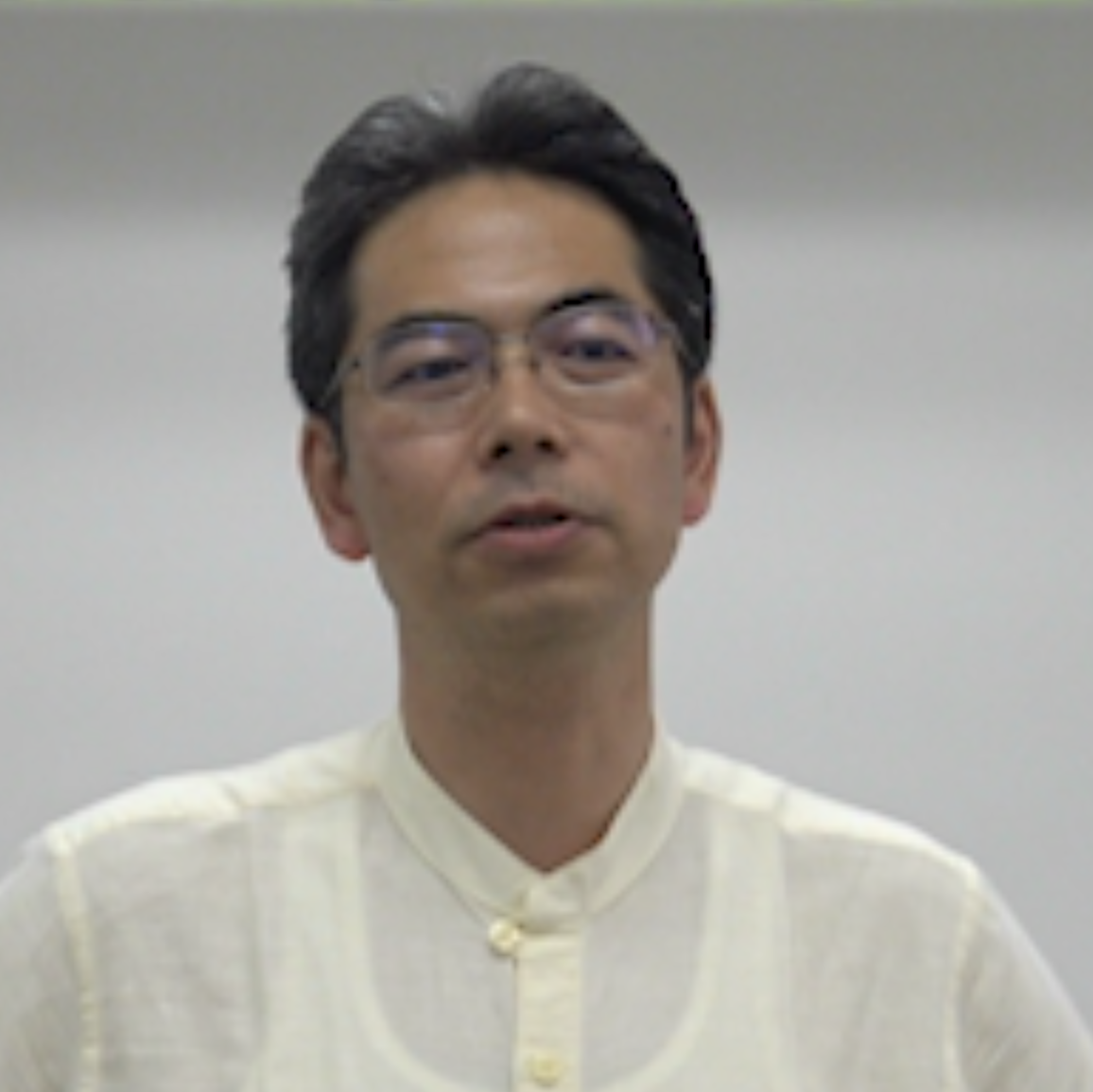
Plenary Lecture : Testing gravity using gravitational waves
Outline: After the overview of the possible tests of gravity using the gravitational wave data, I'd like to introduce our own analyses targeted at particular modifications of gravity which are beyond the scope of model independent analyses.
-
Chris Van Den Broeck [NIKHEF, Amsterdam]
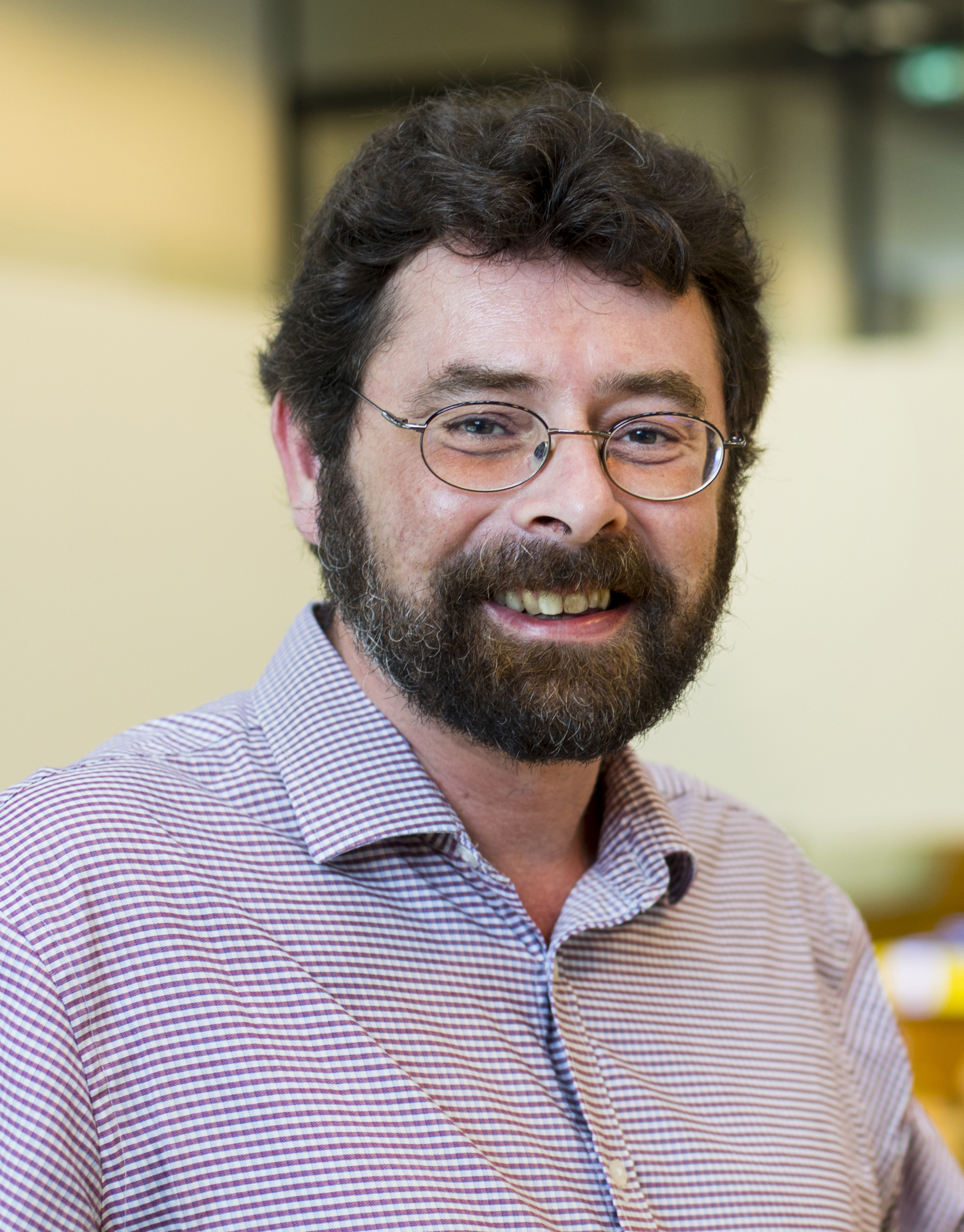
Plenary Lecture : Modified gravity theories and observational constraints
Outline: Our recently obtained capability to directly detect gravitational waves has opened up unprecedented opportunities to observationally
probe the nature of compact objects such as neutron stars and black holes, to study the genuinely strong-field dynamics of spacetime, and to
test the propagation of gravitational waves over large distances. I will give an overview of the variety of tests to which the signals found
by Advanced LIGO and Advanced Virgo have been subjected, indicating their implications for alternative theories of gravity.
In addition I will outline unique new tests that will become possible with the upcoming space-based LISA as well as third-generation
detectors on the ground such as Einstein Telescope and Cosmic Explorer.
-
Li Ju [University of Western Australia]
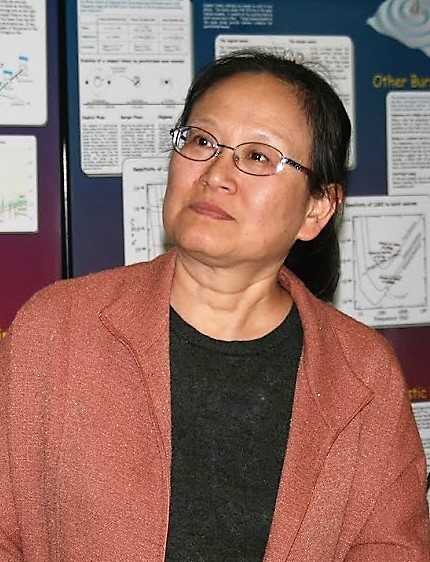
Plenary Lecture : Challenges for the 3rd Generation GW detectors
Outline: The successful observation of the gravitational waves by Advanced LIGO and Advanced VIRGO provides an incentive to create improved detectors. This talk will review plans for the future detectors, and some of the challenging new technologies which can increase both the sensitivity and the bandwidth of future detectors.
-
Samaya Nissanke [GRAPPA Institute, Amsterdam]
Plenary Lecture : GW 170817, short GRBs, and multi-messenger astrophysics
-
Tirthankar Roy Choudhury [NCRA-TIFR Pune]
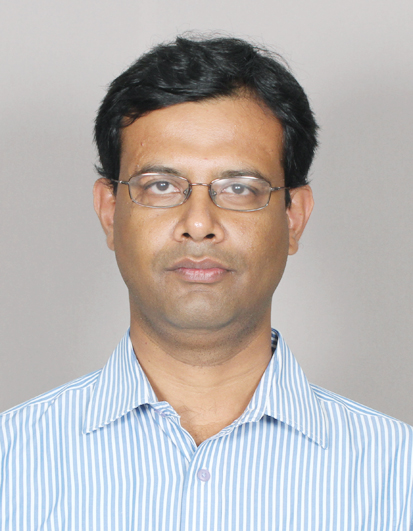
Plenary Lecture : Cosmology with the first stars
-
Bharat Ratra [University of Kansas]

Plenary Lecture : Spatial Curvature, Dark Energy Dynamics, Neither, or Both?
-
David Blair [The University of Western Australia]
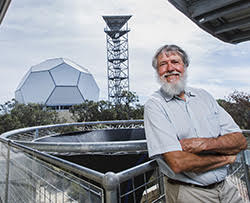
Plenary Lecture : Einstein-First: bringing the reality of Einsteinian physics to our children.
Outline: Following a project that showed that it is possible and beneficial to teach the modern Einsteinian paradigm of space, time, matter, light and gravity to students as young as 8 years old, the Einstein-First project is developing and evaluating a seamless progression of learning Einsteinian physics through primary and secondary school. It is sequencing, integrating and testing research-informed teaching and learning materials developed through a 7-nation collaboration. We believe that every child has the right to share our best understanding of the universe. For this reason we aim for worldwide introduction of Einsteinian science at school.
-
Stefano Camera [University of Turin, Italy]

Plenary Lecture : Upcoming large scale structure surveys and implications for cosmology
-
Basudeb Dasgupta [TIFR, Mumbai]
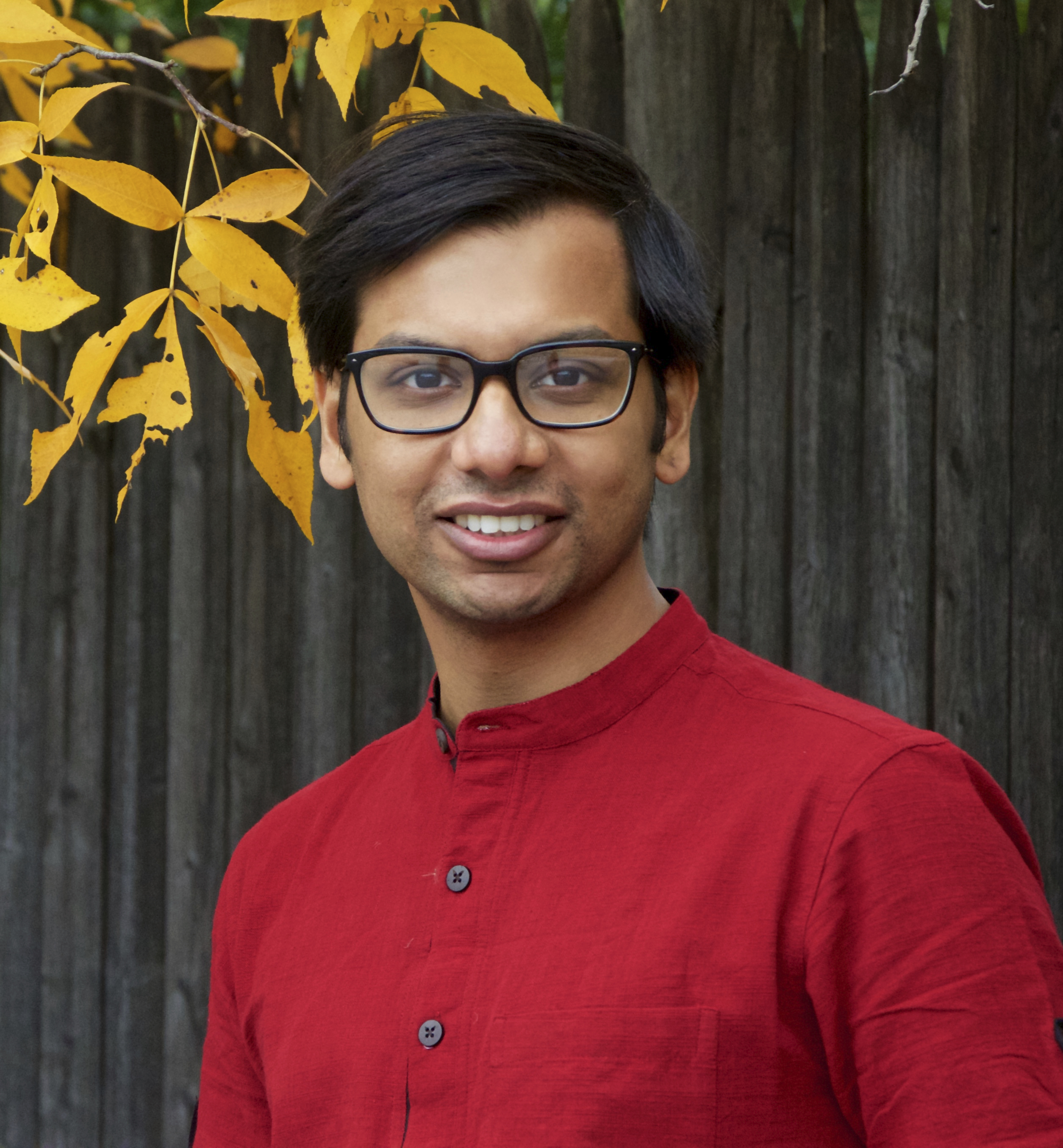
Plenary Lecture : Dark Matter: How's it going?
Outline: We review the status of searches for the identity of dark matter, and propose a dark matter explanation of the AMS-02 positron excess. Time permitting, we will make a few brief remarks about the status of primordial black holes as dark matter.
-
Alexei Starobinsky [LITP, Moscow]
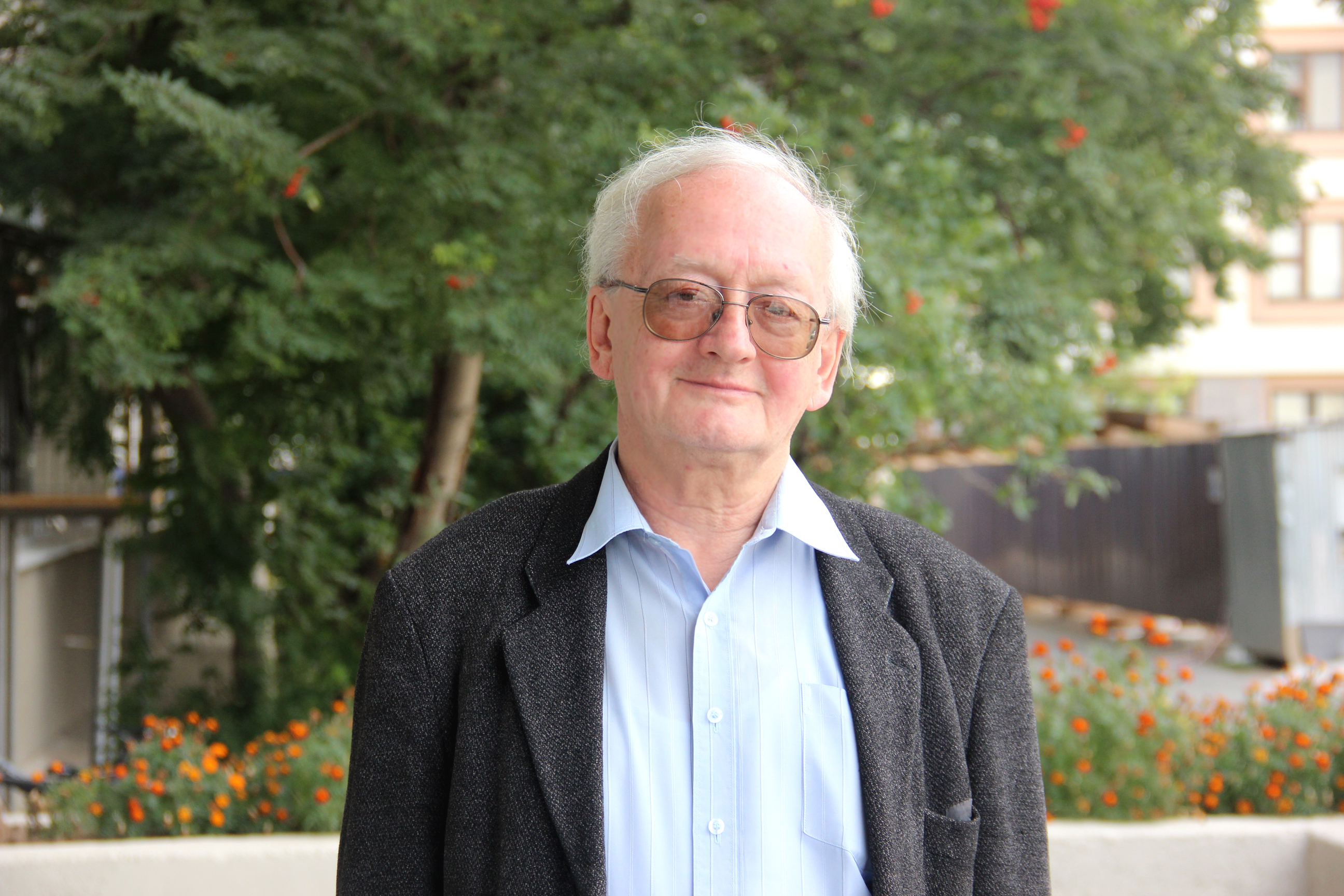
Plenary Lecture : Inflation: the simplest models and expected discoveries
Outline: At the present state-of-the-art, the simplest inflationary models, based either on scalar
fields in General Relativity or on modified f(R) gravity, which produce the best fit to all
existing astronomical data require one, maximum two dimensionless parameters taken
from observations only. The main discoveries expected for these models in future are
discussed. Among them the most fundamental are primordial quantum gravitational
waves generated during inflation. In one parametric models, including the original
R+R^2 one, the definite prediction for the tensor-to-scalar ratio r=3(1-n_s)^2=0.004
follows. The role of one-loop quantum gravitational corrections to these models is
considered. In our Universe inflation, as a metastable quantum state, had a finite life-
time, and differences in its duration in terms of the number of e-folds between various
points of space can be determined with remarkable accuracy. In the models involved, the
most generic predecessor of inflation is an anisotropic and inhomogeneous space-time
near a generic space-like singularity. Since the transition from such space-time to the
generalized quasi-de Sitter regime is generic, too, for inflation to begin inside a patch
including the observable part of the Universe, causal connection inside the whole patch is
not necessary. However, it becomes obligatory for a graceful exit from inflation in order
to have practically the same number of e-folds during inflation inside this patch.
-
Hendrik Ulbricht [University of Southampton]
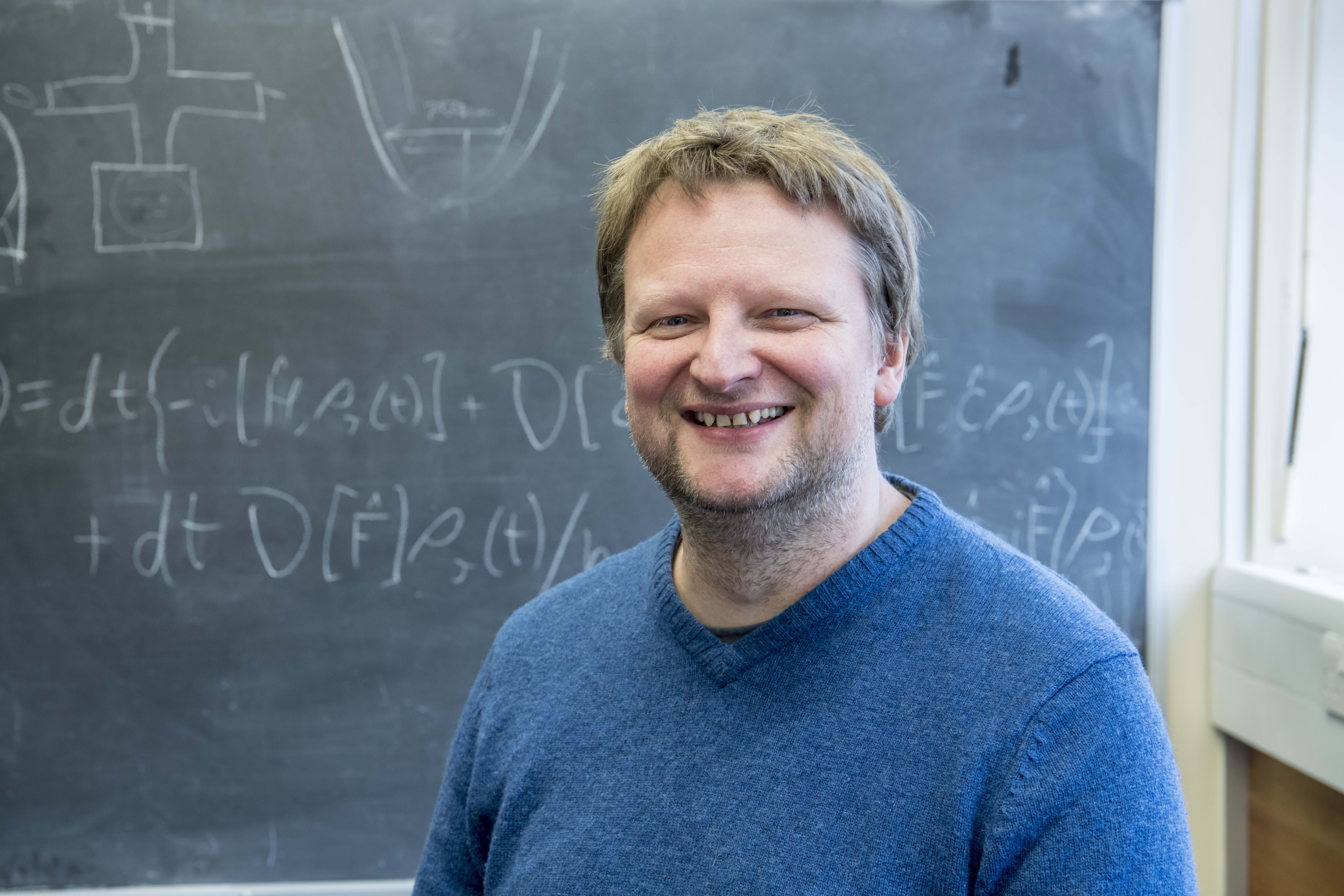
Plenary Lecture : Experimental and observational tests of quantum gravity
Outline: I will present our experiments on levitating nanoparticles by optical and magnetic forces in vacuum. The goal of such experiments is to gain control, ultimately even coherent control on different degrees of freedom of the centre-of- mass motion of a trapped particle; including translation, rotation and precession. Towards this goal we develop new theoretical concepts for the preparation of motional states in the ultra-weak coupling regime and implement those as experimental manipulation techniques. Some experiments are based on optical trapping and manipulation, while others make use of magnetic fields generated by a permanent magnet close to a type-1 superconductor. All those schemes have in common that they hold promise to be utilized as sensors of weak forces. Such forces include gravity and I will discuss recent proposals for experiments to investigate the quantum aspect of gravity as well as gravity induced decoherence of quantum systems in the low energy regime. Further I will mentionour contributions for testing the quantum superposition principle in the context of collapse models.
-
Vincent Vennin [APC, Paris]

Plenary Lecture : Primordial Black Holes from Quantum Diffusion during Cosmic Inflation
Outline: Inflation is a phase of accelerated expansion that takes place at very high energy in the early universe. During this epoch, vacuum quantum fluctuations are amplified to seed the large-scale structure of our universe. When inhomogeneities are produced with sufficiently large amplitude, they may subsequently collapse into primordial black holes. I will explain why the effect of quantum diffusion during inflation needs to be taken into account in such a case, and how the abundance of primordial black holes can be predicted while consistently accounting for such effects. I will show that the result can vastly differ from standard calculations, and discuss consequences for inflation and for primordial black holes.
-
Tuhin Ghosh [NISER, Bhubaneshwar]
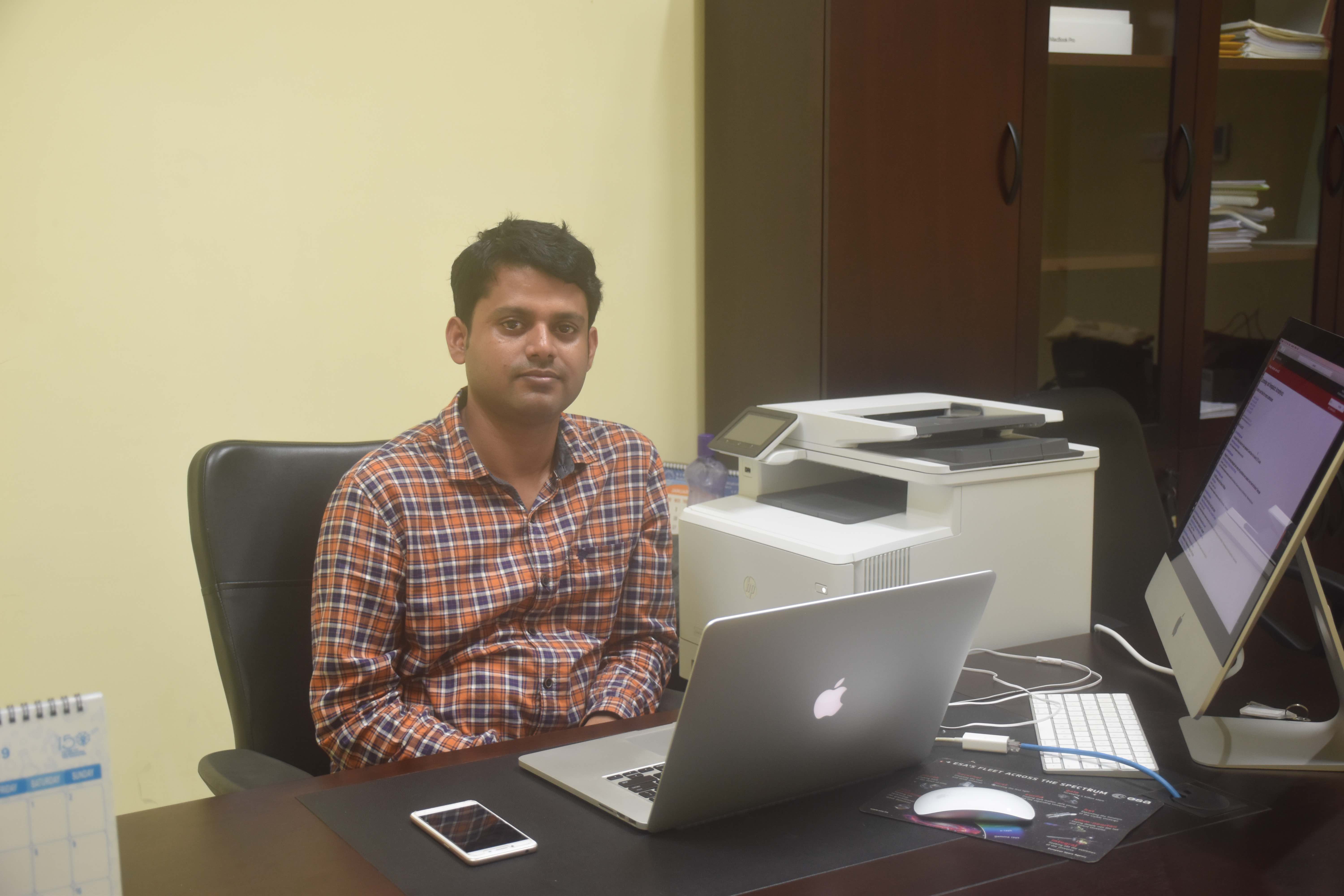
Plenary Lecture : Planck legacy release 2018 and consistency with other data sets
-
Jess McIver [Caltech, Pasadena, California]
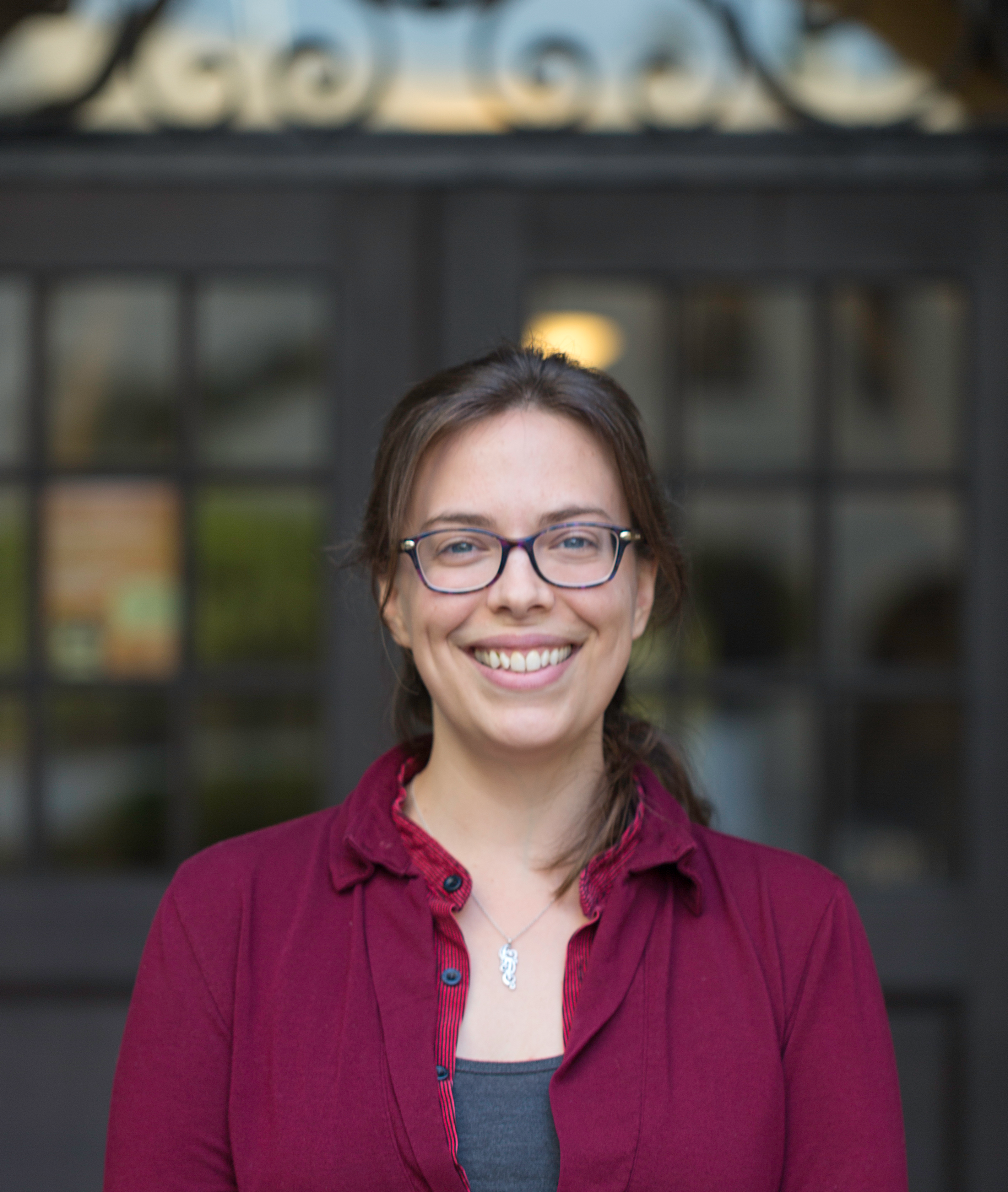
Plenary Lecture : Cosmic collisions observed by LIGO and Virgo
-
Somnath Bharadwaj [IIT, Kharagpur]
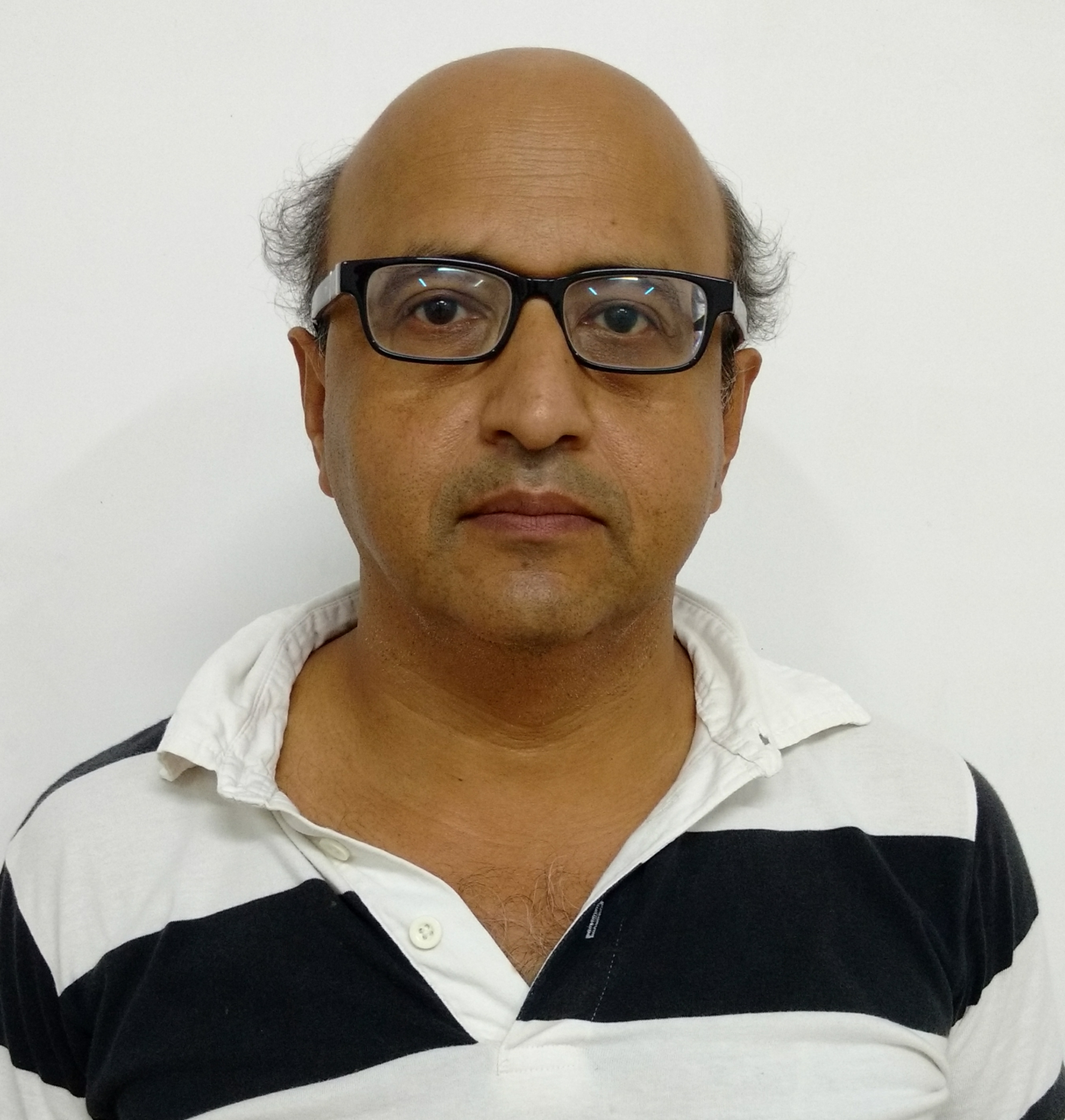
Plenary Lecture : 21-cm Cosmology
-
Sumanta Chakraborty [IACS, Kolkata]
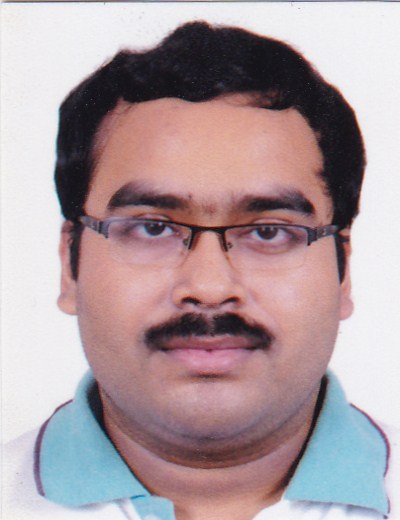
Plenary Lecture : Gravitational Action, Thermality and Information Loss
Outline: Null surfaces are ubiquitous in any gravitational theory and this requires a thorough study of gravitational action in a volume bounded by null surfaces. I will review how such a formalism can be derived in a generic context and possible applications of the same. As I will demonstrate, the above discussion will be intimately tied with the thermality of the black hole horizon, leading to the famous (or, infamous!) black hole information loss paradox. Several approaches taken in this direction will be reviewed to give a broad perspective on the subject and current status.
-
T P Singh [TIFR, Mumbai]
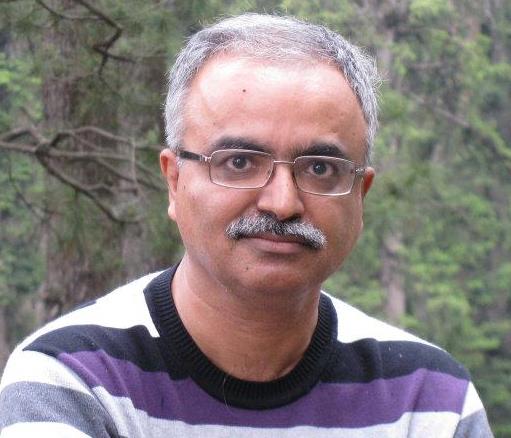
Plenary Lecture : Quantum gravity theories, and quantum foundations
Outline: The unification of quantum theory and general relativity remains an important unsolved problem in physics. We briefly compare and contrast various existing proposals for a quantum theory of gravity, and the challenges they face. We then note that investigations into quantum gravity have often remained removed from the study of quantum foundational issues, such as the problem of time, and the nature of the quantum-to-classical transition. We show that a dynamical and falsifiable resolution of the foundational problems of quantum mechanics guides us to a new quantum theory of gravity. This theory is a non-commutative matrix dynamics of `atoms’ of space-time-matter, from which quantum theory, and classical general relativity, are both emergent as approximations. The theory correctly predicts the Bekenstein-Hawking entropy for a Schwarzschild black hole. It also makes new predictions for quantum effects in space-time geometry, which can be tested in the laboratory.
-
Lia Medeiros [IAS, Princeton]
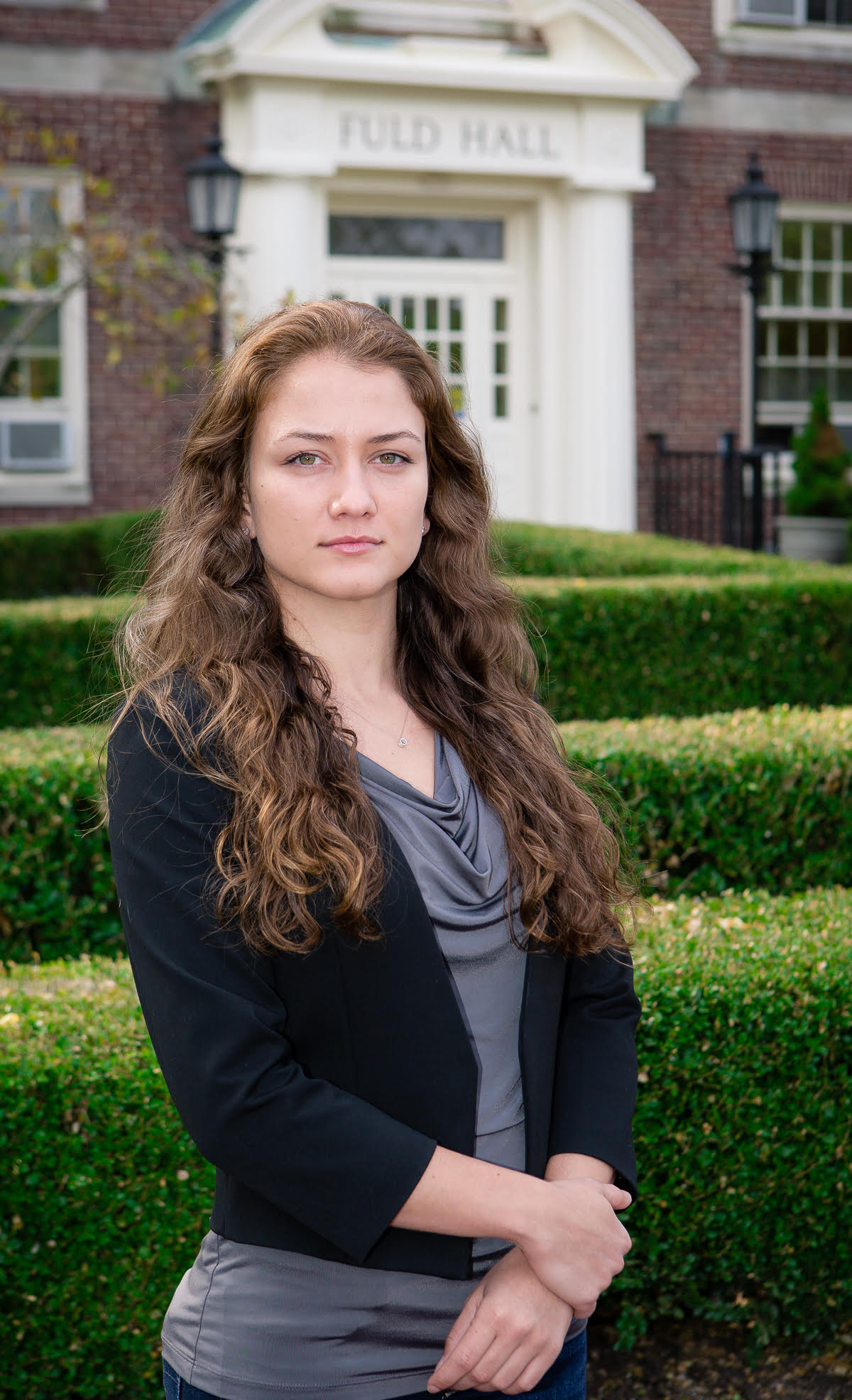
Plenary Lecture : Event Horizon Telescope
-
Teruaki Suyama [University of Tokyo]

Plenary Lecture : A review of primordial black holes
Outline: Recent detections of the black hole binaries by LIGO-Virgo triggered a renewed interest in primordial black holes (PBHs).
I will give an overview of the basics of PBHs and cosmological importance of PBHs and discuss the perspective of the subject
in light of the gravitational-wave astronomy.
-
Kailash Sahu [STScl, Baltimore]
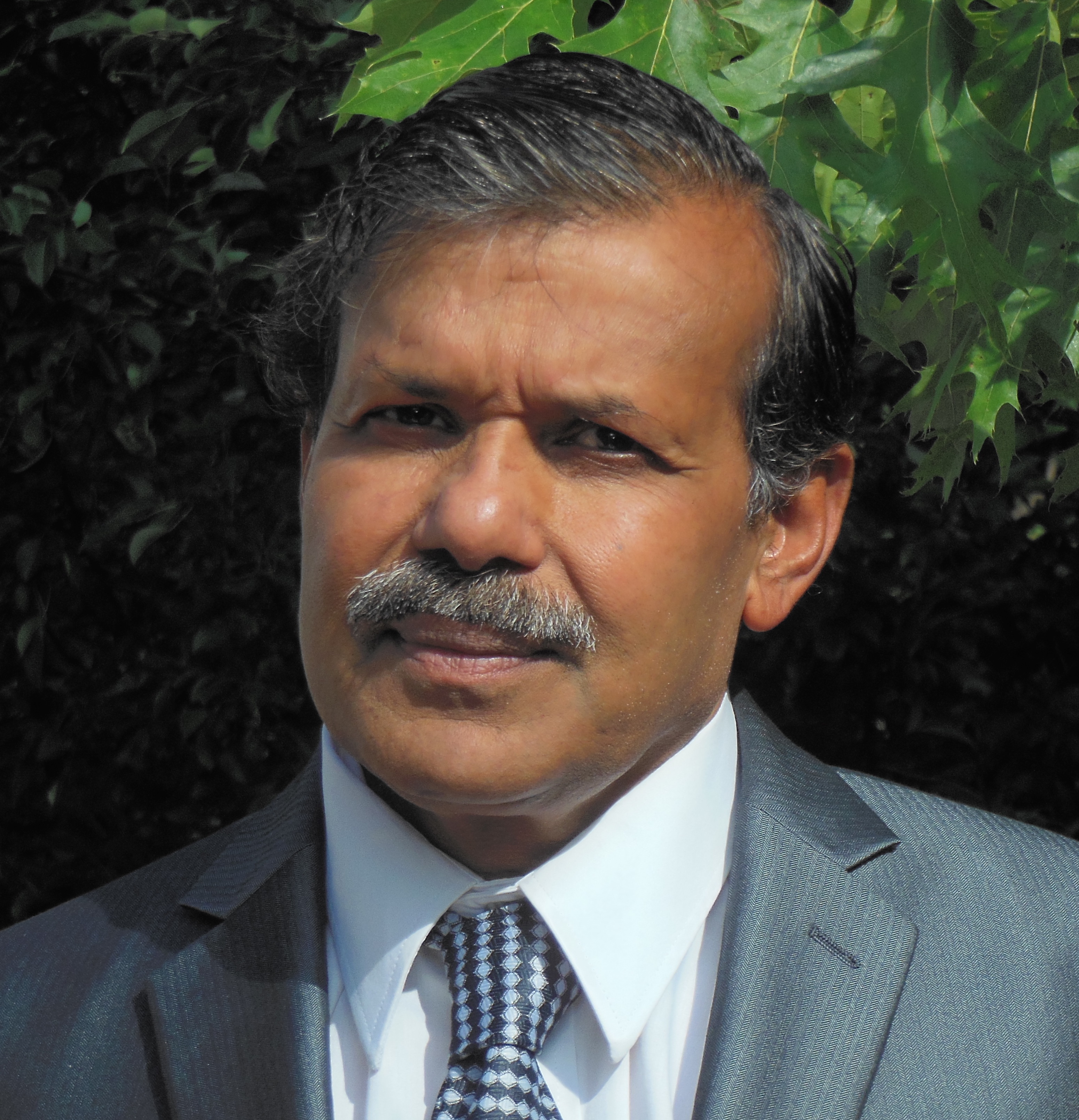
Evening Lecture on Centenary of Eddington's 1919 expedition to test General Relativity.
List of Parallel Session Speakers
-
Parallel Session Speakers can be found
